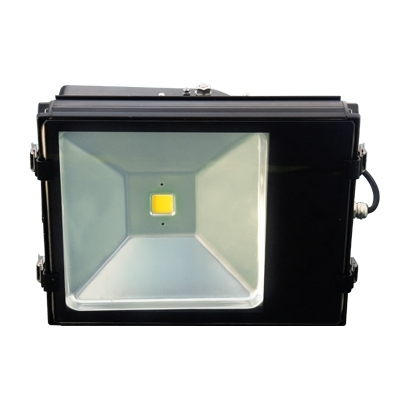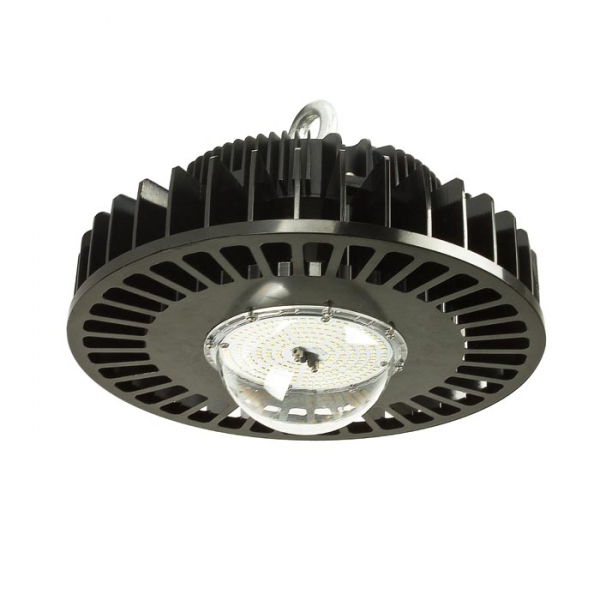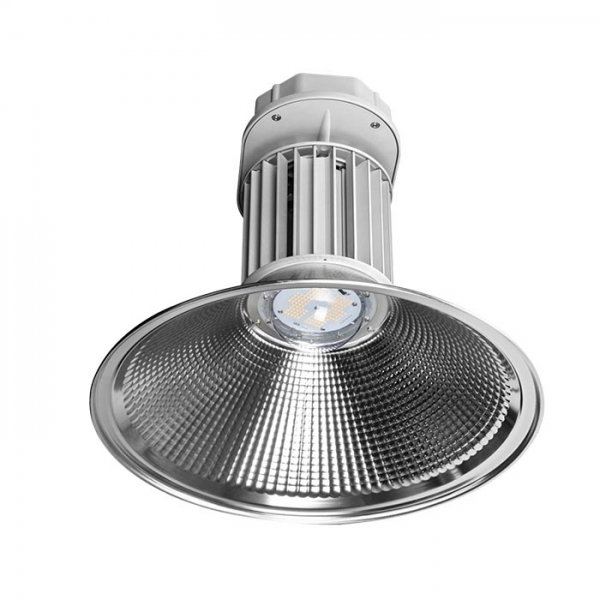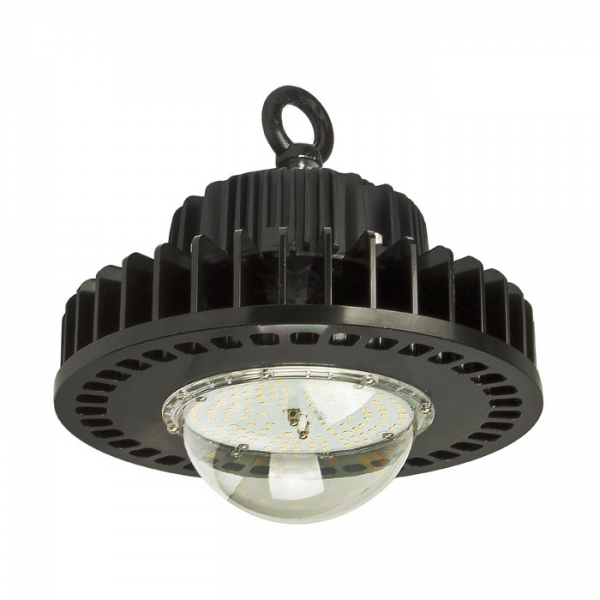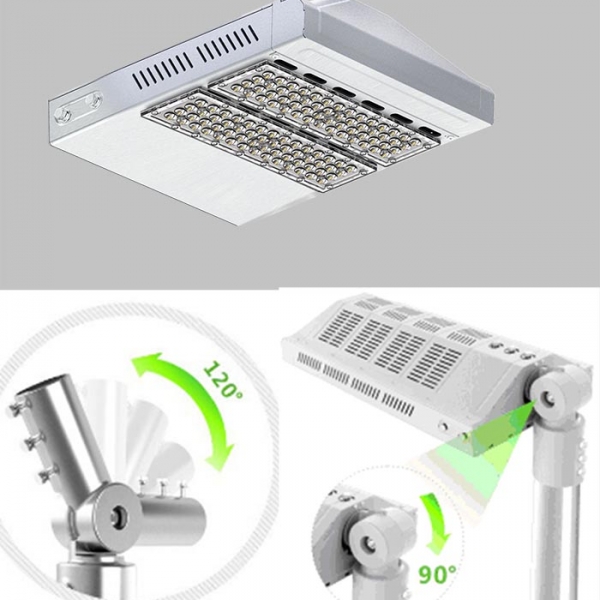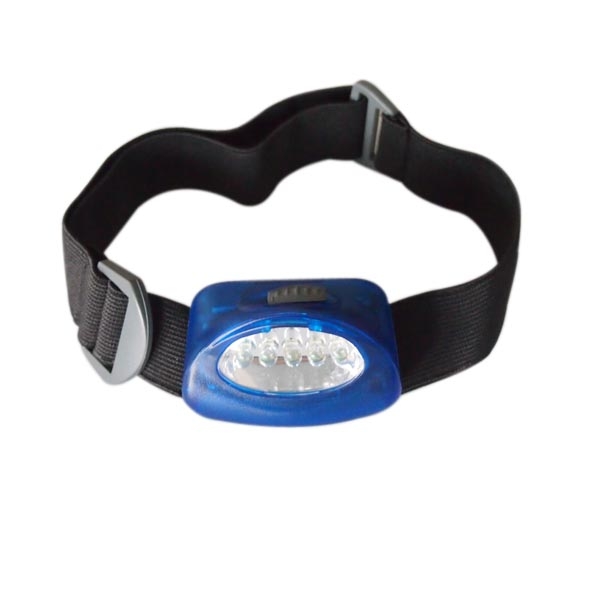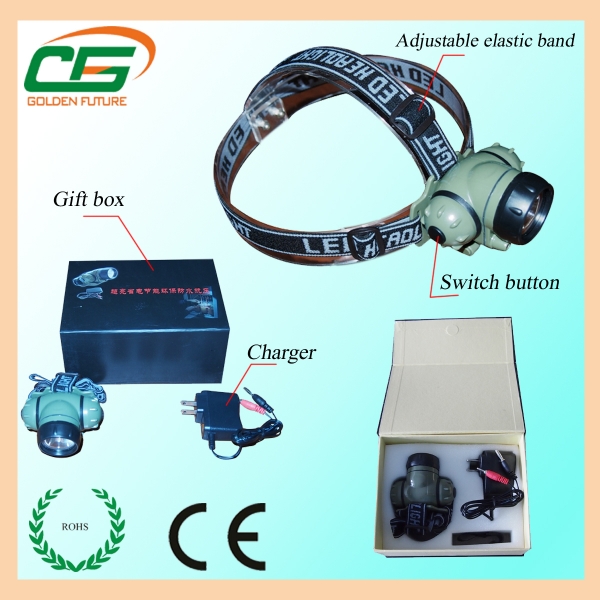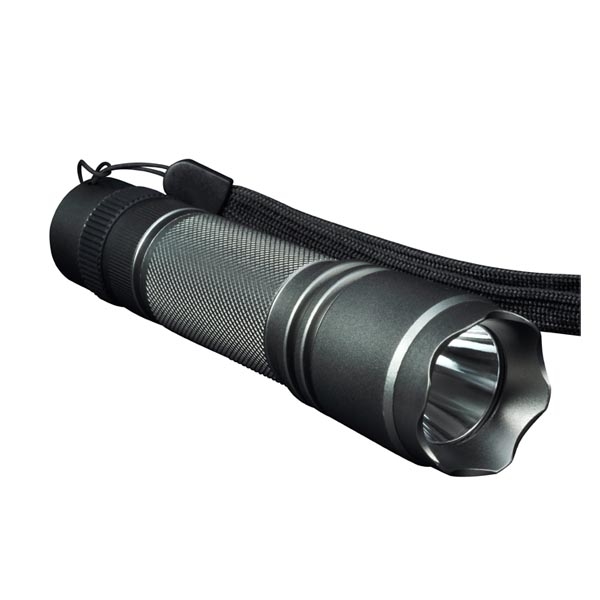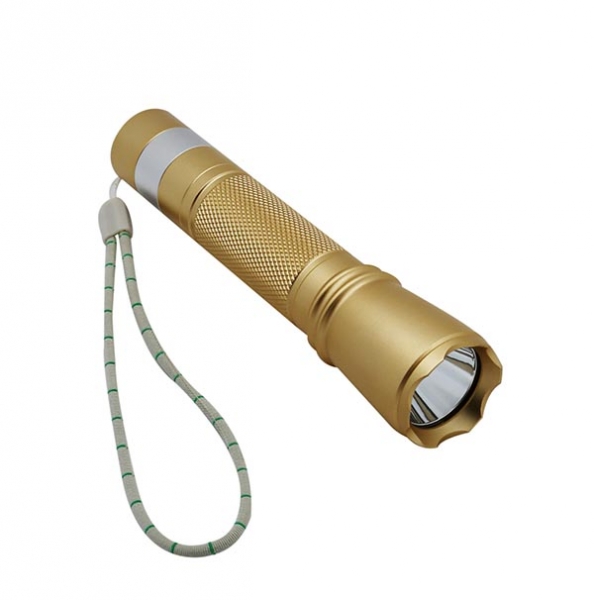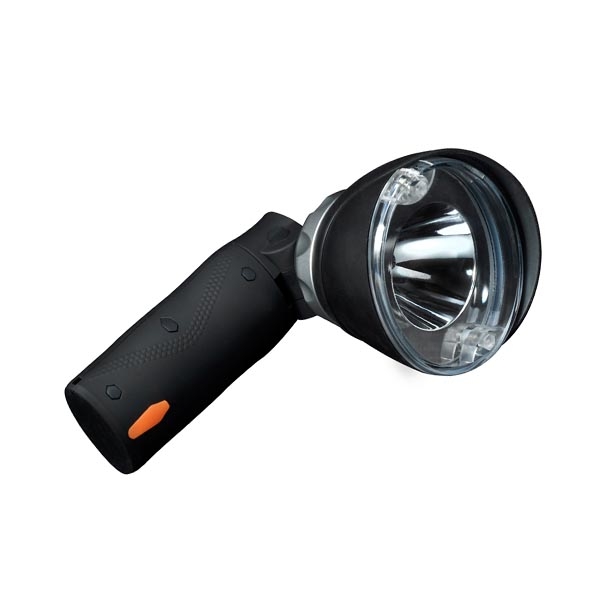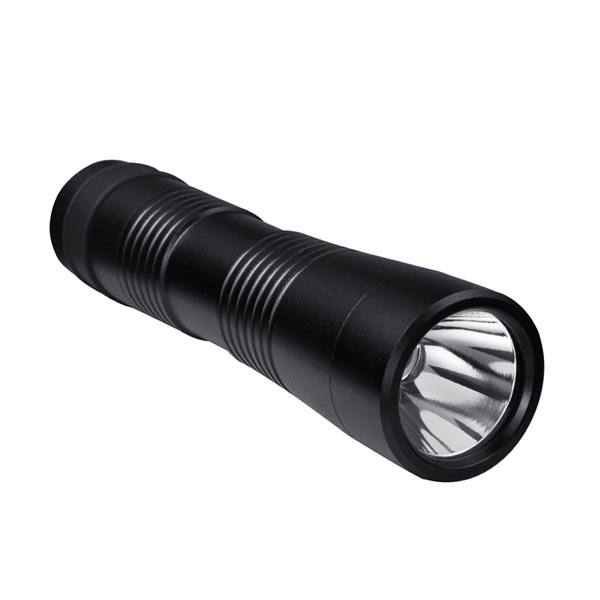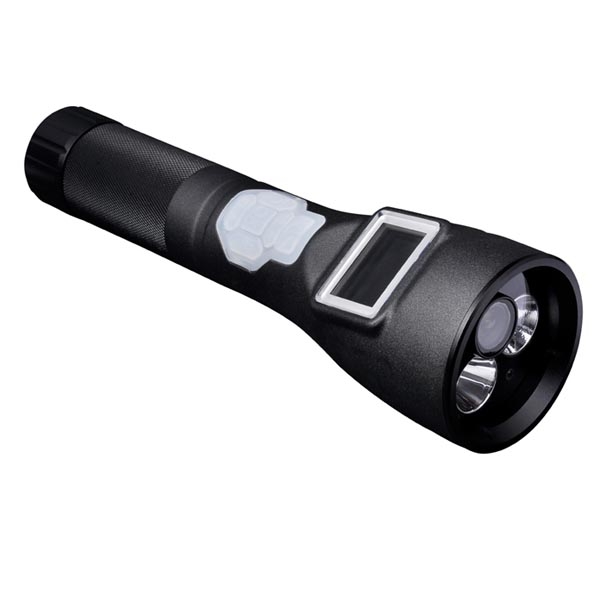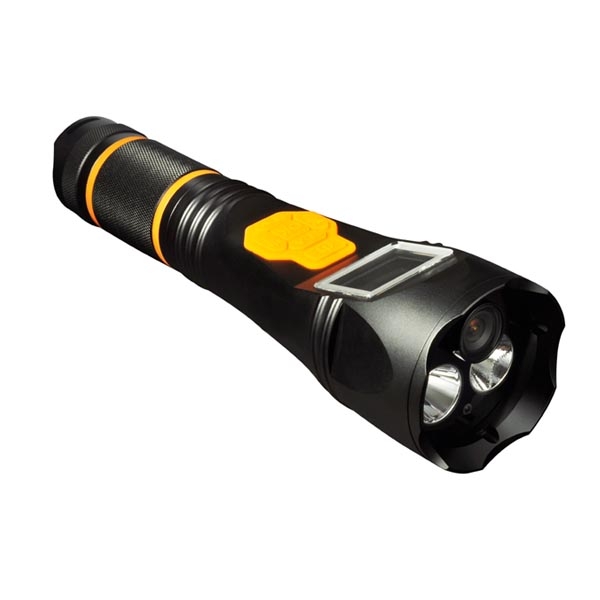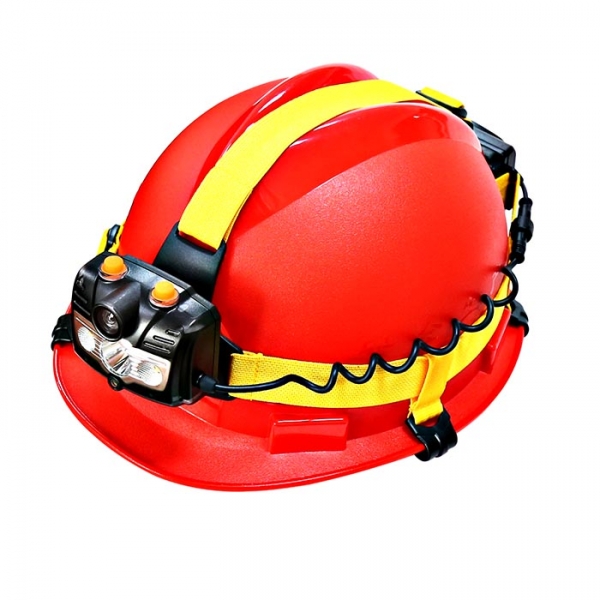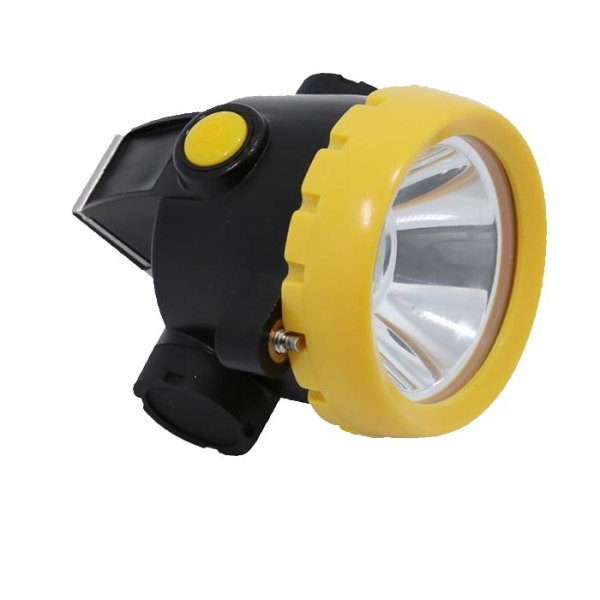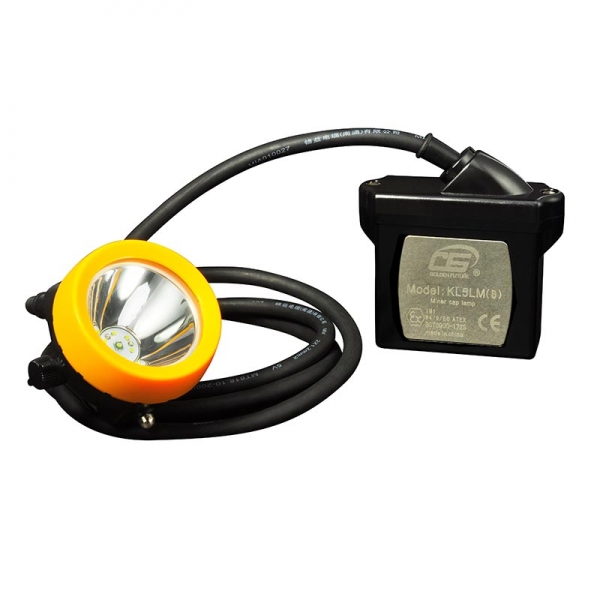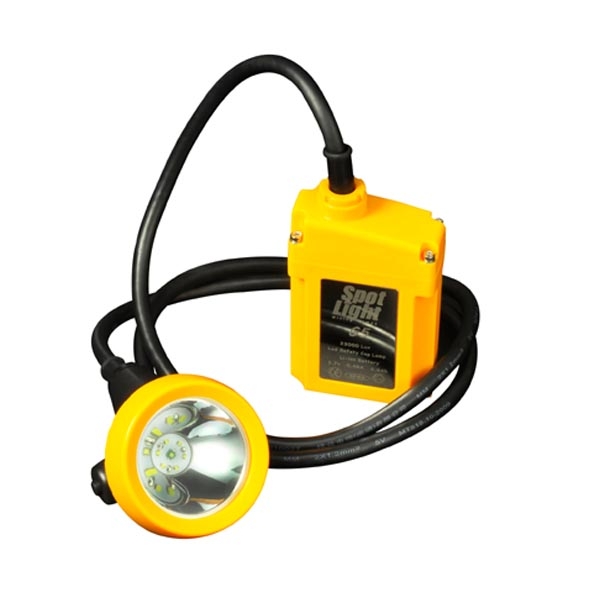What does explosion proof mean?
 Mar 27,2017
Mar 27,2017

 JLKJ
JLKJ
What does explosion proof mean?
To understand what is meant by explosion proof, we must look at the context of the term and the organization that defined it. The National Fire Protection Association (NFPA) began publishing the National Electric Code (NEC®) in 1897. The NEC® is also known as NFPA 70 and ANSI/NFPA 70 from its inclusion in the body of NFPA codes.
The NEC® includes definitions for several types of protection techniques acceptable when designing products for use in hazardous (classified) locations: Explosion proof, dust ignition proof, dust tight, purged/pressurized, intrinsically safe, and hermetically sealed. These definitions set the criteria that must be met by all components installed in hazardous (classified) locations.
To meet the criteria for the explosion proof rating, an enclosure must be able to contain any explosion originating within its housing and prevent sparks from within its housing from igniting vapors, gases, dust, or fibers in the air surrounding it. Therefore, explosion proof, when referring to electrical enclosures, does not mean that it is able to withstand an exterior explosion. Instead, it is the enclosures ability to prevent an internal spark or explosion from causing a much larger blast.
Additionally, the NEC states that equipment must meet the temperature requirements of the specific application in which it is to be installed. This means that the operating temperature of the motor (and its enclosure) or other component cannot be greater than the lowest ignition/combustion temperature of the gases or dusts in the atmosphere where the component is to be installed.
All components are labeled on their nameplate with the distinct classification in which they have been tested and approved for installation.
 You May Also Like
You May Also Like

 Tel
Tel
+86 15816897019 +86 133 16809242
 Email
Email
[email protected] [email protected]
 Address
Address
Rm17E, ZhuJiang International Center, Long Gang District, Shenzhen City, China

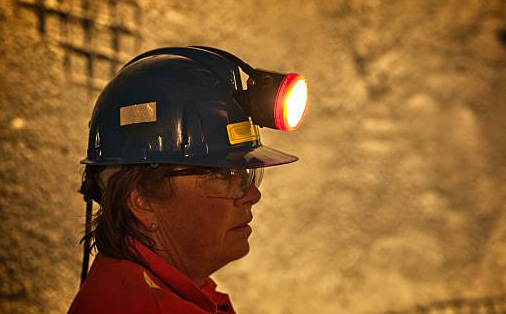






 HOME
HOME Robert King appointed president of Glacier Media's mining group
Robert King appointed president of Glacier Media's mining group 